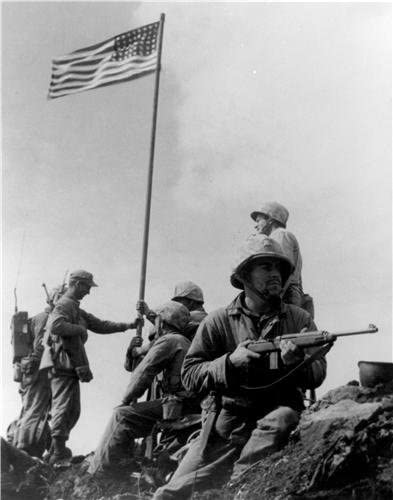Major Causes of WW1. The First World War starts 1914. Because of trench combat and the large number of countries involved in the conflict, more than 20 million troops died. Understanding the causes of World War I is just as crucial as understanding the conflict’s catastrophic consequences for budding historians. Though Archduke Ferdinand’s assassination was the immediate precipitating event that led to the declaration of war. Numerous other causes also had a part in the build-up to World War I. Major causes of WW1
Major Causes of WW1
Serbian Nationalism
In the years preceding World War I. Nationalism was one of several political factors at work, with Serbian nationalism playing a particularly important role. Slavic Serbs in the Balkans sought independence from Austria-Hungary and the Ottoman Empire. In 1878, they attempted to take control of Bosnia and Herzegovina in order to build a unified Serbia. With the fall of the Ottoman Empire, Serbian nationalism grew stronger.
Franz Ferdinand’s Assassination
Gavrilo Princip killed Archduke Franz Ferdinand of Austria on June 28, 1914. The Archduke was in Sarajevo on the day of his assassination to examine imperial army forces in Bosnia and Herzegovina, which Austria-Hungary had conquered in 1908. In Sarajevo, Princip opened fire on Ferdinand and his wife Sophie while they were travelling in an open automobile. Following the assassination, Austria-Hungary sent Serbia an ultimatum, which was ignored, prompting Austria-Hungary to declare war on Serbia with the help of Germany As a result of Russia’s protection of Serbia, the First World War began.
Expansionism in Europe
Several European nations built empires around the world in the 1900s, controlling enormous swaths of land. The British and French Empires were the most powerful in the globe prior to World War I. Colonising countries such as India, modern-day Vietnam, and West and North Africa. Because as countries such as Britain and France expanded their empires, tensions between European countries escalated.
The conflicts arose from the fact that many colonies were conquered through compulsion. Then, once a nation had been invaded, it was administered by the imperial nation. Many of these colonial states were exploited by their mother countries, resulting in widespread discontent and hatred. Tensions rose between opposing empires, including Germany, Austria-Hungary, and the Ottoman Empire, as British and French expansionism, continued, leading to the formation of the Allied Powers (Britain and France) and the Central Powers (Germany, Austria-Hungary, and the Ottoman Empire) during World War I.
Alliances and Conflicts
Prior to World War I, governments all throughout Europe formed alliances during the imperial era. The alliances promised that if a conflict broke out between an ally and another Great Power, each country would defend the other. Prior to WWI, Russia and Serbia, France and Russia, Germany, Italy, and Austria-Hungary, Britain, France, and Belgium, France, Britain, and Russia, and Japan and Britain had established strong ties. The Triple Entente, a 1907 alliance between France, the United Kingdom, and Russia, produced the worst international strife.
Germany saw the alliance that surrounded them as a threat to their dominance and survival. By the time the war began, Italy and the United States had joined the Allied Powers, which included Russia, France, and the United Kingdom. Germany, Austria-Hungary, the Ottoman Empire, and Bulgaria alternated as the Central Powers.
Conspired Plans of Germany and Austria-Hungary: The Blank Check Assurance
The “blank check assurance” refers to the alliance formed by Germany and Austria-Hungary at the onset of World War I. In the aftermath of the killing of Franz Ferdinand. Germany gave Austria-Hungary unconditional assistance during a conference with officials of the Austrian Foreign Ministry. The Ambassador to Berlin, the German Emperor, and the German Chancellor in July 1914. This “blank check” sought military and political victory in securing the Balkans by unconditional support. Major Causes of World War 1, also gave the Austro-Hungarian leaders the assurance they needed to go to war with Serbia. Historians consider it to be one of the most contentious judgments in modern combat history. Owing to Germany’s failure to withdraw unconditional support when given the chance.
Following the events described above, Major Causes of World War 1 erupted in full force from 1914 to 1918, ending with the signing of the Treaty of Versailles, which brought peace between the German and Central Forces and the Allied Powers. However, the Treaty of Versailles imposed harsh sanctions on Germany, further destabilising Europe and laying the basis for World War II to begin. Historians can have a better understanding of how and why World War I began by learning about the causes of the conflict.

